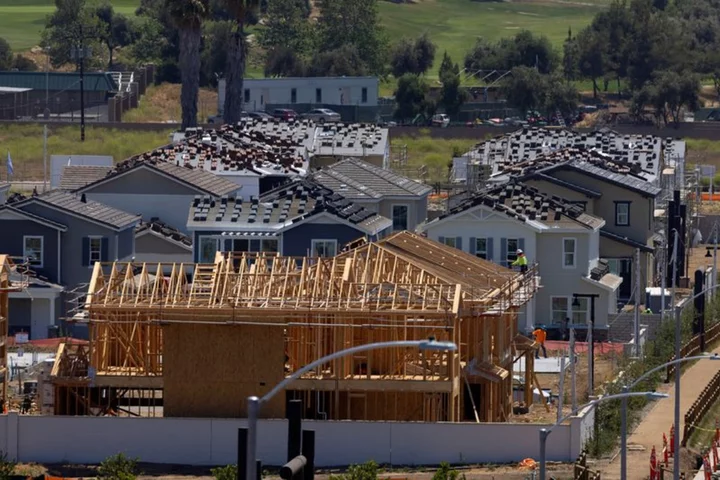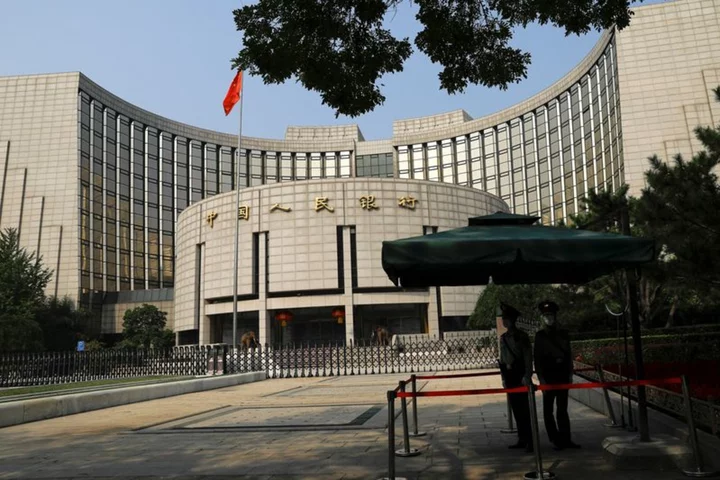By Marine Strauss
BRUSSELS Providing equitable access to appropriate housing in slums and other informal settlements could massively increase economic growth and boost life expectancy, a report to be published on Tuesday by home-building charity Habitat for Humanity shows.
Proper housing could increase economic growth by up to 10.5%, while life expectancy could go up by 2.4 years on average, the report said.
"Our findings show massive benefits to people’s health, education and income when you make sure they live in suitable housing conditions, have access to basic services like running water and sewage systems, and are free from the threat of eviction or harassment," Alexandre Apsan Frediani, a researcher at the International Institute for Environment and Development, and one of the authors of the report, said in a statement.
Adequate housing could help up to 41.6 million children who are currently missing education to enroll in school, the report stated.
That would be the equivalent of 16% of all children and young people who are currently not in school.
According to the United Nations, more than 1 billion people live in slums or informal settlements, where they have limited access to basic services such as clean water, sanitation, and electricity.
They also often lack land and property rights, fearing eviction, as well as face climate change threats, including droughts and floods.
Of those, 80% are in East and South-East Asia (370 million people), sub-Saharan Africa (238 million) and Central and South Asia (227 million).
(Reporting by Marine Strauss)









